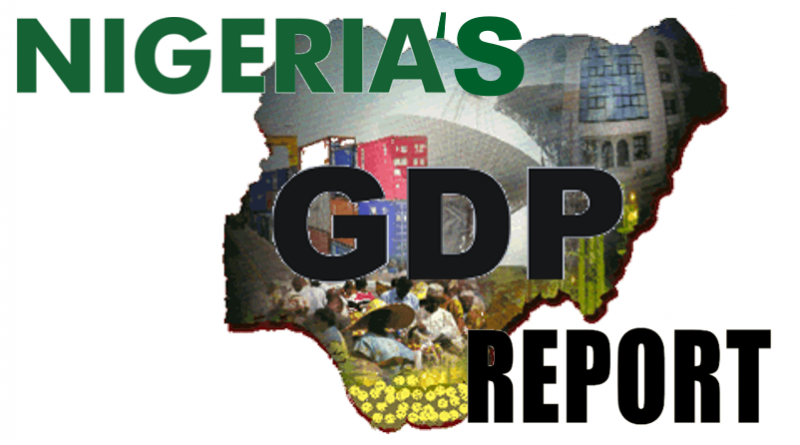Nigeria’s GDP increased by 3.19% in the second quarter
The National Bureau of Statistics (NBS) has released its GDP report for the second quarter of 2024, indicating a year-on-year economic growth of 3.19% in Nigeria, an improvement from the 2.51% growth recorded in the same quarter of 2023.
The oil sector demonstrated remarkable progress, achieving a real growth rate of 10.15%, in contrast to the negative growth of -13.43% experienced in the corresponding quarter of the previous year. This sector contributed 5.70% to the total GDP in Q2 2024, a slight increase from the 5.34% noted in Q2 2023.
Additionally, the non-oil sector, which is the predominant contributor to Nigeria’s economy, experienced a real growth of 2.80%. Significant contributors to this sector include financial institutions, telecommunications, agriculture—especially crop production—and manufacturing. The non-oil sector’s share of the GDP was 94.30%, reflecting a minor decline from the 94.66% recorded in Q2 2023.
Agriculture, a vital component of the Nigerian economy, grew by 1.41% in real terms, primarily driven by crop production, which constitutes 87.48% of the agricultural sector. The overall contribution of agriculture to the GDP was 22.61% in Q2 2024. The service sector, particularly telecommunications and financial services, also significantly contributed to GDP growth, expanding by 3.79% and accounting for 58.76% of the GDP.
Conversely, the transportation sector encountered challenges, experiencing a real growth decline of -13.53%, although this marked an improvement from the substantial contraction observed in Q2 2023. While the overall data indicates a positive growth trajectory in Q2 2024, sectors such as oil and services, including transportation, continue to face obstacles that affect their overall economic contributions.
In order to sustain economic growth, it is essential for the government to prioritize the enhancement of infrastructure, particularly within the transportation sector, as this will facilitate recovery and increase its contribution to the GDP. Furthermore, providing improved access to financing for vital non-oil sectors such as agriculture and services, along with fostering innovation, will significantly bolster the economy in the long run. SOURCE: CSEA AFRICA




